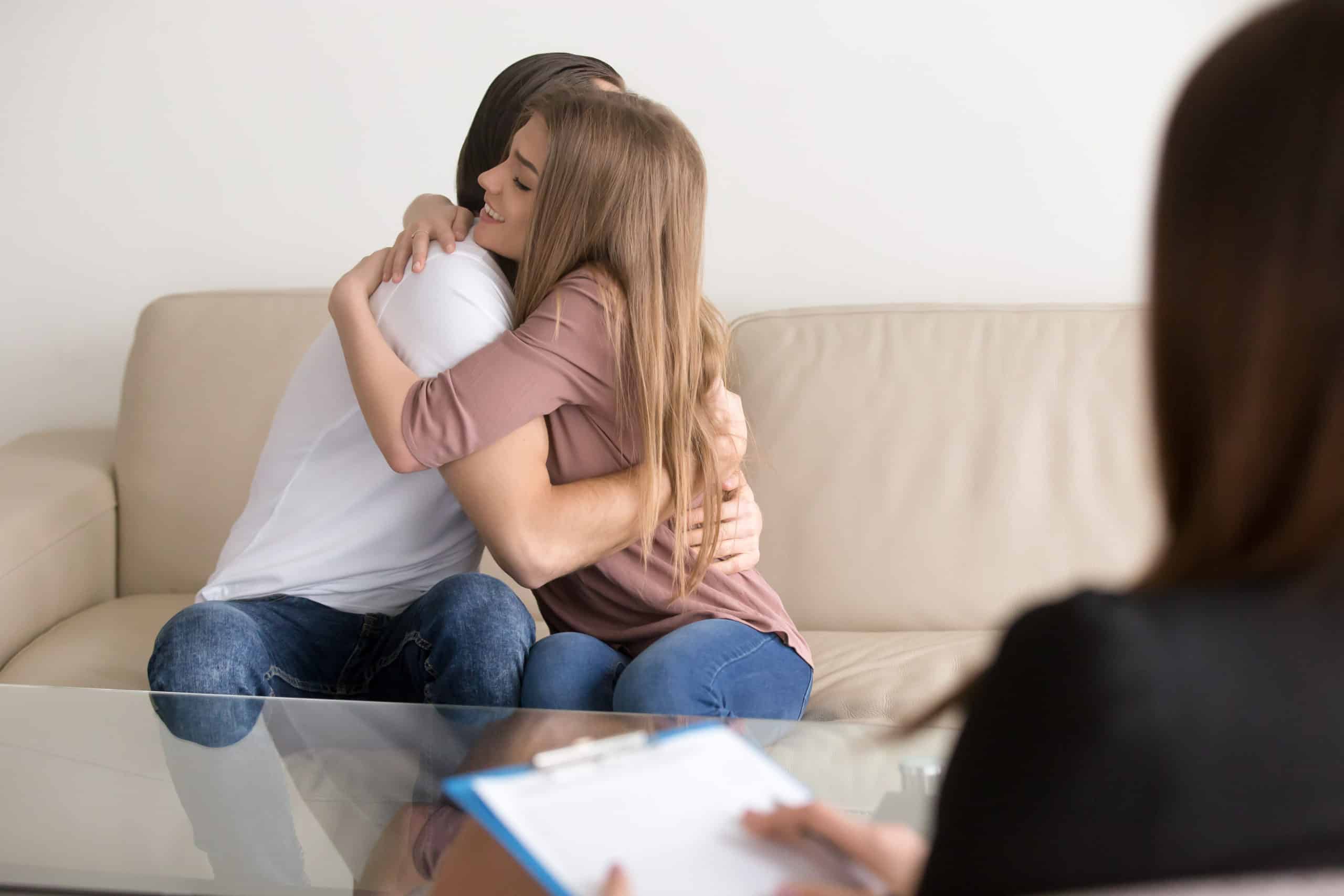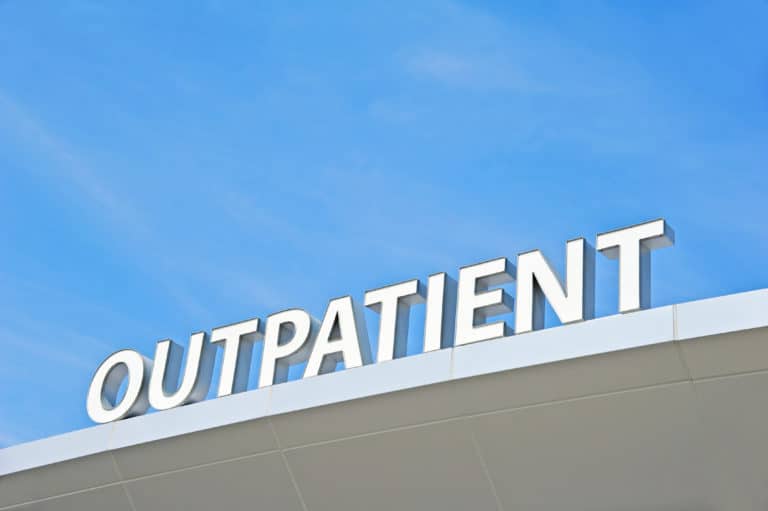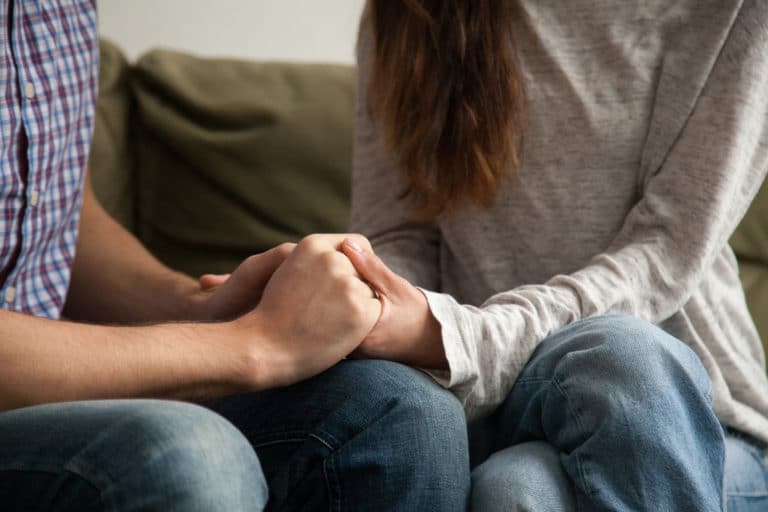If you or your family have been encouraged to consider family therapy as part of addiction treatment, you might wonder why it matters and how it can be used.
How Do Families Affect an Addicted Individual?
We might not realize the impact we have on other family members, yet it can be profound. Failure to explain complicated and mature circumstances or difficult situations to children can lead to feelings of abandonment, guilt, shame, or responsibility for family events like divorce, abuse, or addiction. Over time, harmful communication habits, poor communication, unresolved family trauma, and other situations can contribute to addiction.
Even in situations where family relationships or situations don’t contribute to addiction, addiction will impact everyone in the family. Without properly understanding how addiction Works, family members might not provide the right level of support to their loved one who is struggling. They might not know what to say and accidentally say something that makes the situation worse. But family therapy can be an effective treatment for addiction recovery.
What is Family Therapy?
Family therapy, or family psychotherapy, is a type of therapy where someone who is addicted to drugs meets with a professional alongside members of their family.
Family support groups are designed as group therapy for family members whose loved ones are struggling with addiction. In these situations, the family members are meeting with other family members who are struggling in the same way, but the individual who is addicted to drugs or alcohol is not present.
Family Therapy
Family therapy or family psychotherapy comes in many forms. Including family therapy in an overarching recovery program can decrease the risk of relapse, especially in situations where someone needs their family to be more understanding of addiction as a legitimate disease, where a family needs to improve communication with one another, or where unhealthy interactions have to be rectified so that the family environment doesn’t continue to foster addictive behaviors.
FFT
Functional family therapy helps to identify unhealthy family interactions that might have led to addiction in the first place. By figuring out what interactions lead to problems within family relationships, all family members present can be taught behavioral techniques to improve things like parenting skills, conflict resolution, problem-solving, or communication.
MDFT
Multidimensional family therapy is a family-based treatment specifically for adolescents who are addicted to drugs and alcohol or adolescents who have a high risk for delinquency. This helps foster collaboration with the family, the community, the school, and the individual.
Family Support Groups
Family support groups are typically a part of inpatient or outpatient recovery programs. Family members of someone struggling with drug or alcohol abuse can feel alone, isolated, and angry. Parents might feel like they failed somehow. Spouses and siblings can feel completely isolated, as though they don’t have anyone to whom they can turn for support in their struggle. Understanding a substance use disorder can help ease anxiety and frustrations. Addiction never hurts the addict alone, but it hurts their family and their friends. Attending family support groups can help members share experiences with other people, have a feeling of community, and learn how to help their loved ones.
How is Family Therapy Used in Addiction Treatment?
According to the National Institute on Drug Abuse, family support groups and family therapy can be instrumental in long-term recovery for addiction. Family therapy can be used to instruct family members on how they can best support their loved ones as they transition through the recovery process. Some family therapy can be used to provide family members with actionable information and support while their loved one is participating in a residential or outpatient rehab program. For those who have lost a loved one to drug or alcohol abuse, support groups can also help members speak hope and strength within their community.
Whatever type of family support or family psychotherapy is suggested for your situation, it involves sitting in a room, sharing experiences in a rehab facility, hospital room, or office. Sharing difficult stories, exploring family relationships and communication styles are common. The therapist you have will facilitate a discussion, provide prompts and different lines of questioning based on what is needed most.
How to Find Family Therapy Programs in Southern California
At Ocean Coast Recovery, our aftercare program is designed to facilitate long-term recovery once you complete rehab. This might include participating in peer support groups. We work with you to design a personalized program based on what you need, what you have achieved during your time with us, and what will help you with long-term success moving forward.
If you are ready to set up family therapy in Orange County, let Ocean Coast Recovery customize your plan.





